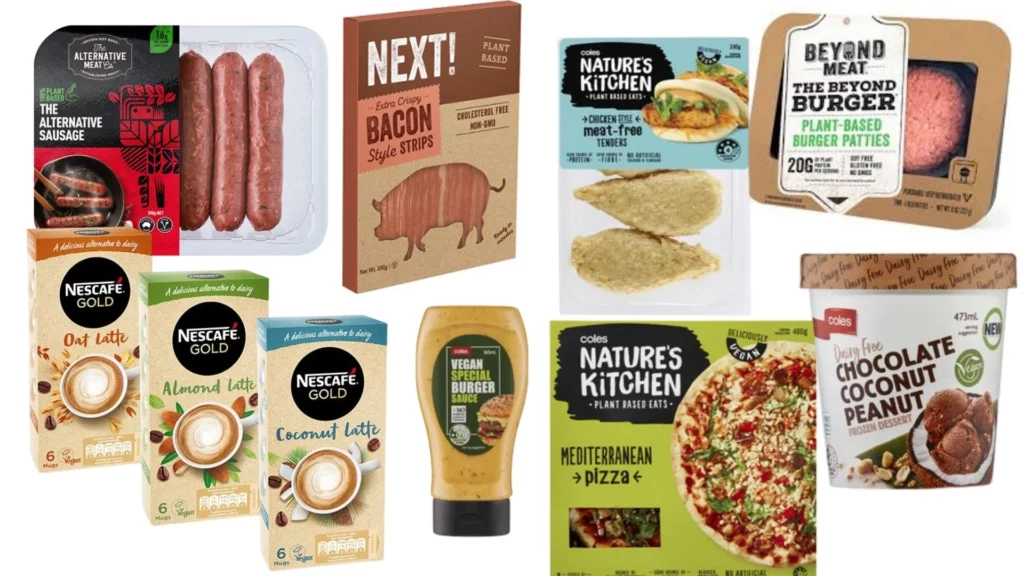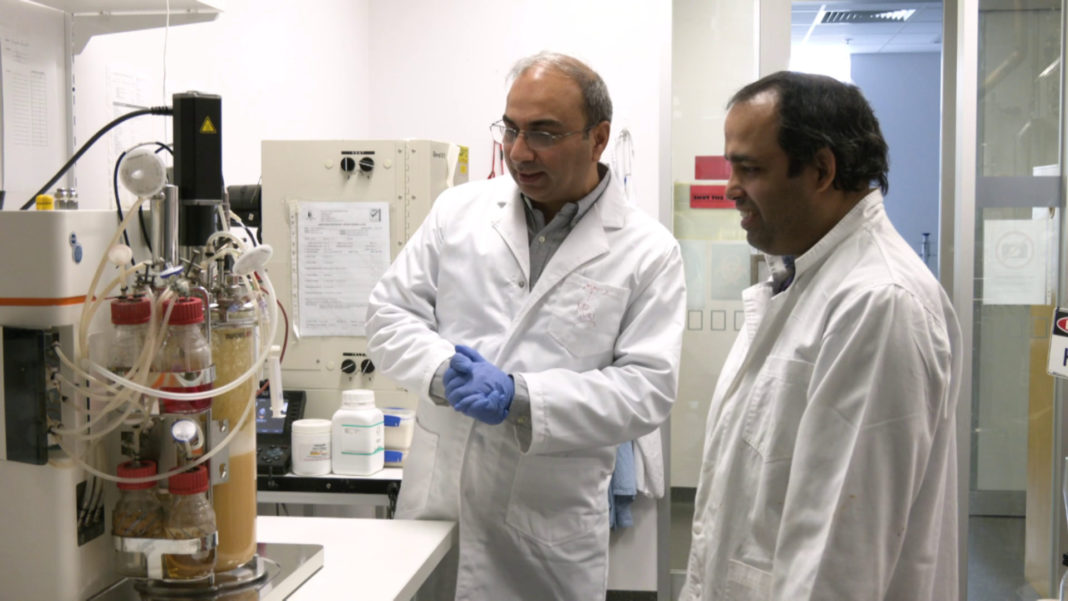The global market for nutritional supplements is increasing in value with the growing popularity of vegan and vegetarian diets. Many people are turning to new meat-free products for health and diet benefits. Animal-free products can now also be seen on the shelves of major supermarkets in Australia.
Associate Professor Munish Puri from Flinders University’s College of Medicine and Public Health is researching on the animal-free meat movement and has discovered a new way to develop nutritional supplements.
Dr Puri, who completed a PhD. Biotechnology from India is recognised as an established leader in the area of industrial biotechnology.
The major area of his research includes “microbial cell manufacturing” where the emphasis is laid upon developing technologies to produce and purify novel molecules.

Dr Puri believes that the key to manufacturing animal-free meat is the requirement of proteins, fats, and nutrients from thraustochytrids, the oily microbes sourced from the waters of South Australia which play an important role in the production of single-cell oils (SCO).
According to Dr Puri, SCOs are considered a promising oil alternative to those from fish and land-based plant sources. He says:
“By tuning thraustochytrids through fermentation we can produce SCO, which can be used in the nutraceutical industry for supplements and biodiesel, with the added advantage that it doesn’t require agricultural land and can be cultivated in a controlled environment, keeping them free from contamination.”
SCOs, Dr Puri notes could also prove vital in making everything from medicines, supplements, and biofuels to cosmetics and animal-free meat.

Dr Puri says the oily microbes produce a high lipid (fat) content, expected to mimic the structure of animal fats, resulting in similar sensory properties including taste.
“The biggest challenge faced by food producers is to create animal-free meat with fine texture, flavour and meat-like mouthfeel. It’s anticipated that this can be improved by adding fat and its substitutes.”
He is confident that with the integration of fermentation and advanced manufacturing, “the Australian food industry could deliver a safe, sustainable, and competitive supply of this ‘superfood’ – SCO.” DR Puri adds:
“This technology will protect the environment, minimise reliance on animal fats, and support sustainability as well as affordable and enhanced human nutrition.”
Dr Puri says the primary drivers behind the meat-free or plant-based meat diet boom are health, environmental consciousness and animal welfare. He adds:
“Australia has the food-agricultural capacity, commercial appetite and research know-how to become an international leader in new protein industries including plant-based meat.”
In 2022, the Australian federal government awarded $2.829 million to Dr Puri and his research team along with Nourish Ingredients Pty Ltd.
This research funding was from government’s Cooperative Research Centres Projects (CRC-P) Grants to develop environmentally friendly lipid using the fermented oily microbes.

